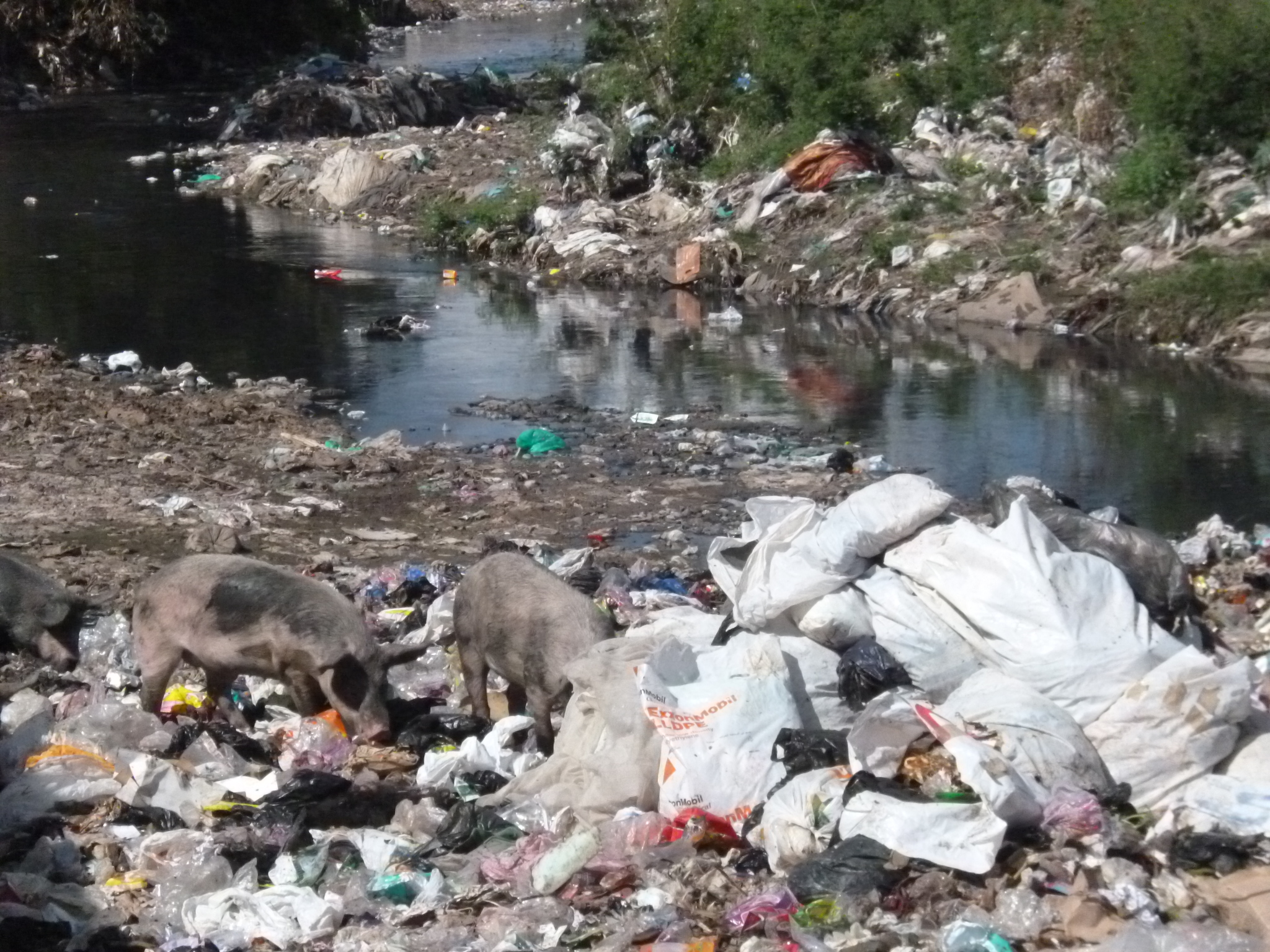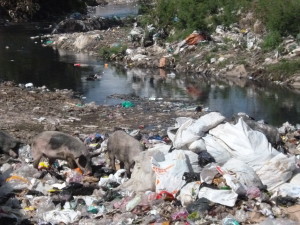BY Clifford Akumu
Nairobi garbage waste could produce 200 megawatts of clean energy, experts reveal.
According to the experts, during deliberations on ‘Accelerating Clean Energy Access in Africa’ at a Nairobi forum, energy from garbage will engineer significant economic take off as envisaged in vision 2030.
They noted with a lot of concern that Nairobi County is staring at ‘untapped 200 megawatts of clean energy’ from garbage that could help explore to plug in the high energy deficit the County faces.
“Clean energy from garbage will meet the basic electricity needs of city households and act as a pedestal to the 24-hour economy of the county .” Said Evans Ondieki, Ministry of Energy and Petroleum, Nairobi County.
Africa is struggling out of energy poverty with 621million people lacking access to grid energy, and 713 million lacking access to clean energy.
Dr. Cosmas Ochieng, Director ,African Centre for Technology Studies (ACTS) , said that cheap clean energy intervention would spearhead adaptation to climate change and sustainable development in the county.
“We have sufficient resources to meet the county’s energy needs, they are just untapped,” said ACTS director
Like other cities in the world, solid waste management is an expensive venture gobbling up to 30 to 50% of revenues. This, say experts, is unsustainable and Kenyan cities and towns end up with endless heaps of garbage that become a health risk.
According to a recent survey by UNEP, Nairobi with a population of 4.0 million generates 3,200 tons of waste daily. Only 850 tons reach Dandora dumpsite with the rest remaining unaccounted for.
Mr. Ondieki challenged county governments to spearhead clean energy uptake stating that Kenya had “the best regulations and framework on energy that creates a fertile ground for clean energy access in counties”.
“County government waste funds in accommodation and allowances abroad in field visits. They need a sustained capacity building for county officials by bringing in experts to train them on clean energy and then disseminate the same to the rural consumers” noted Ondieki
The governor, Evans Kidero had mooted the idea of tapping energy from the popular Dandora dump site to generate power.
In an earlier report, Kidero had also indicated that the organic waste will be used in manufacturing fertilizer.
“We are devising ways of producing energy from waste while recycling plastics” he was quoted saying.
The Kenyan government estimates that the 2013 -2017 National Climate Change Action Plan for climate adaptation and mitigation will require a substantial investment of about US$ 12.76 Billion
Renewable energy, such as grid-connected solar systems, is rising with the region’s increasing focus on tackling global warming.
Ondieki called upon county policy makers to prioritize solar as part of housing development to realize clean energy acceleration.
This, he said, would see the city run entirely on solar energy at night thereby saving on energy costs.
“The county need to have a directive that every house that comes up must have a solar installation or provision as this will enable clean energy acceleration. This region is blessed with plenty of sunshine”
“Let all government offices harvest solar energy to use during the day and sell the rest to the county government to be used for street lighting during the night” added Ondieki
National government need to redouble its effort in financing clean energy initiatives to achieve sustainable growth.
“Government spends around 521 billion in wage bill. We need to re-engineer the civil service to save money so that it can be channeled to clean energy initiatives” Ondieki said.
Providing access to energy, especially for the poor, in Kenya and in other African countries remains a challenge.
Ondieki said that the scenario would stagnate if devolve governments do not have a rethink on its priorities.
“Every financial year counties return around 150 billion shillings back to the treasury without being used. And here we are crying about finance to tap into clean energy?”asked Ondieki
Alice Kaudia,Ministry of Environment and Natural resources cautions over dependence on solar energy by the county governments and neglecting other renewable energy sources as a’ ticking time bomb’
“We rarely see biogas digesters in our rural areas whereas people in the rural areas keep a lot of cattle that produce cow dung that act as a feedstock to the biogas digester. Let us train the rural folk on other forms of renewable energy” Kaudia noted.
Mr. Nana Asamoah, Lighting Africa said that the government needs to encourage youth through entrepreneurship programmes to venture into renewable energy to increase scale up in the counties.
“There are many young innovators in the slums who can spur growth in clean energy sector given the requisite knowledge and access to finance for startups” said Asamoah
He added that government need to set up lending mechanism such as revolving funds or soft loans tailored towards renewable energy sector.
A Comprehensive Study and Analysis of Energy Consumption Patterns in Kenya report prepared for Kenya’s Energy Regulatory Commission in 2010 found that majority of households were not willing to pay for improved energy sources because of their limited resources
Chris McKinney, research and development engineer with Burn Manufacturing (manufacturers of cook stoves) said that policymakers should focus on decentralizing clean energy solutions to fill the energy gap.
“Clean energy initiatives have benefits such as reducing carbon emissions and eliminating the cost and ill-health associated with traditional fuels such as kerosene” McKinney said.
.















